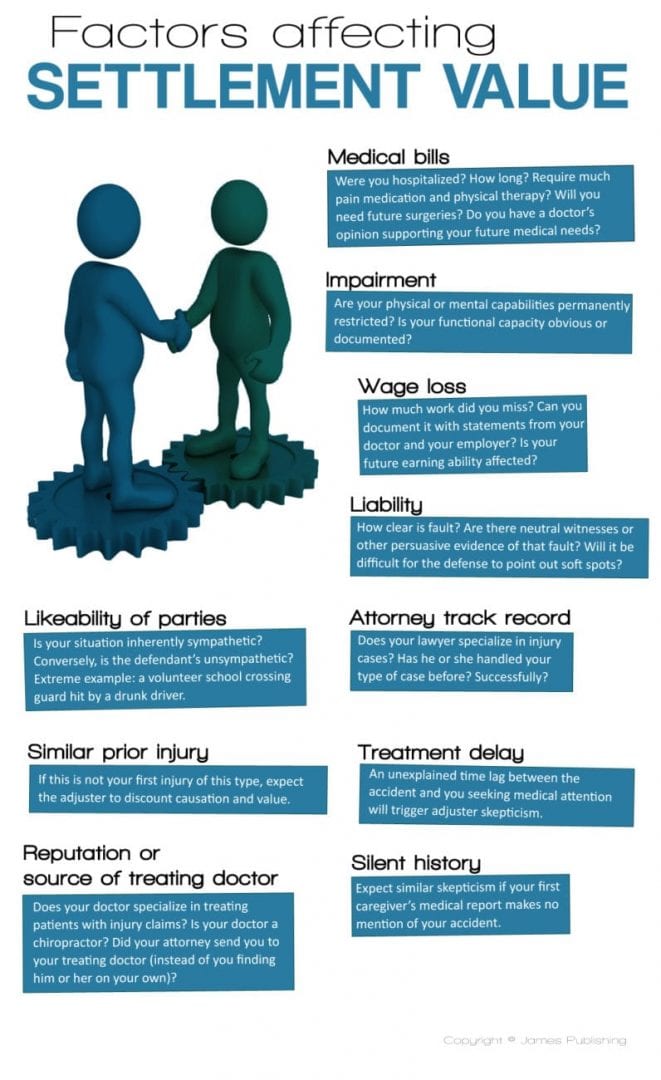A Real Estate Legal Representative'S Source On Landlord-Tenant Legal Matters
A Real Estate Legal Representative'S Source On Landlord-Tenant Legal Matters
Blog Article
Team Writer-Pike Richmond
When it concerns landlord-tenant legislation, recognizing your legal rights and obligations is crucial for both events. You could think you have a solid grasp on the fundamentals, but there are usually subtleties that can capture you unsuspecting. Whether you're a proprietor managing a building or a lessee trying to find a secure home, understanding the legal landscape can make all the distinction. What may shock you are the intricacies involved in browsing disagreements and eviction processes.
Recognizing Lessee Civil Liberties and Responsibilities
When you rent a building, it's important to understand your rights and responsibilities as a tenant. You deserve to a risk-free and habitable living atmosphere, meaning your landlord should preserve important solutions like heating, plumbing, and electrical energy.
You're additionally entitled to privacy; proprietors generally require to give notice prior to entering your device.
On power of attorney document florida , you're responsible for paying rental fee on time, keeping the home clean, and not creating damage past regular wear and tear.
Acquaint yourself with your lease contract, as it details specific rules and responsibilities. Understanding these elements not just safeguards you but also cultivates a favorable relationship with your property manager.
Remain educated, and you'll navigate your tenancy better.
Trick Landlord Responsibilities and Legal Considerations
While you may understand your civil liberties as a tenant, it's similarly important to understand your property manager's obligations.
Landlords must give a risk-free and habitable living environment, making sure that vital systems like heating, plumbing, and electrical energy are in working order. They're also in charge of making necessary repair services quickly and adhering to local building codes.
Furthermore, property owners must appreciate your privacy by offering correct notification prior to entering your device, typically 24-hour. They must manage down payment according to state legislations, including returning them quickly after you leave, minus any type of authorized deductions.
Understanding these commitments can assist you preserve a positive connection with your proprietor and guarantee your living situation satisfies legal criteria.
Navigating Conflicts and Expulsion Processes
Disputes between property managers and lessees can occur all of a sudden, making it essential for you to comprehend the processes associated with solving them.
First, communication is vital-- try to go over concerns directly to discover a concession. If that fails, familiarize on your own with your regional laws concerning conflicts and eviction. Document whatever: keep records of communications, payments, and any violations.
If expulsion becomes required, ensure you comply with the lawful steps needed in your area, which typically includes providing composed notification and a specific timeframe for resolution.
Be prepared to visit try this website if the situation intensifies, maybe your only choice. Recognizing these procedures will assist you browse conflicts more effectively and shield your rights as either a property owner or lessee.
wills and trusts attorney
In summary, understanding landlord-tenant law is vital for both events involved in a rental contract. By knowing your civil liberties and responsibilities, you can promote a much better living environment and stay clear of conflicts. If conflicts arise, bear in mind that a real estate attorney can aid assist you through the complexities of eviction procedures and legal obligations. Staying notified and aggressive will make sure a smoother rental experience, whether you're a property manager or a lessee.
